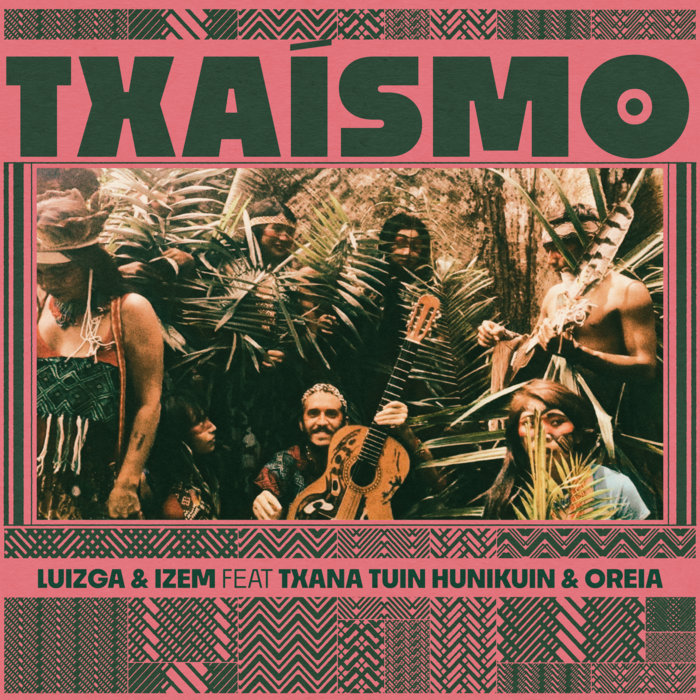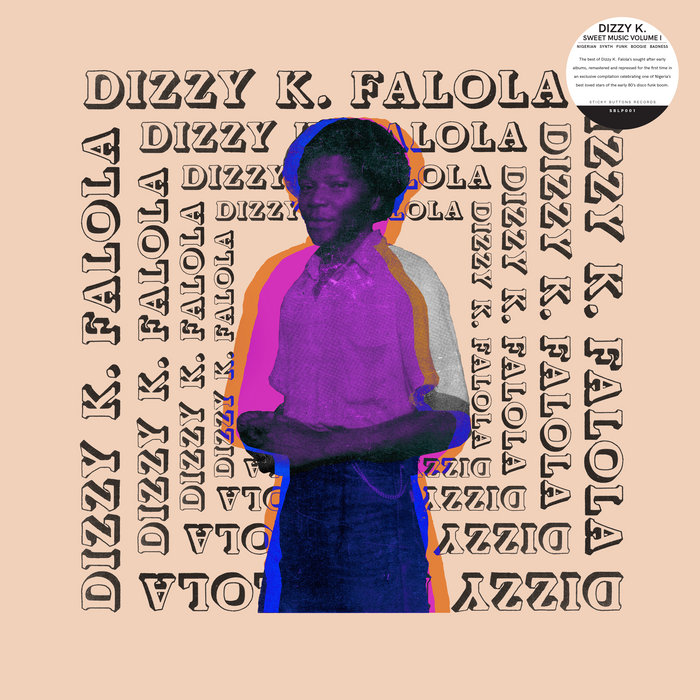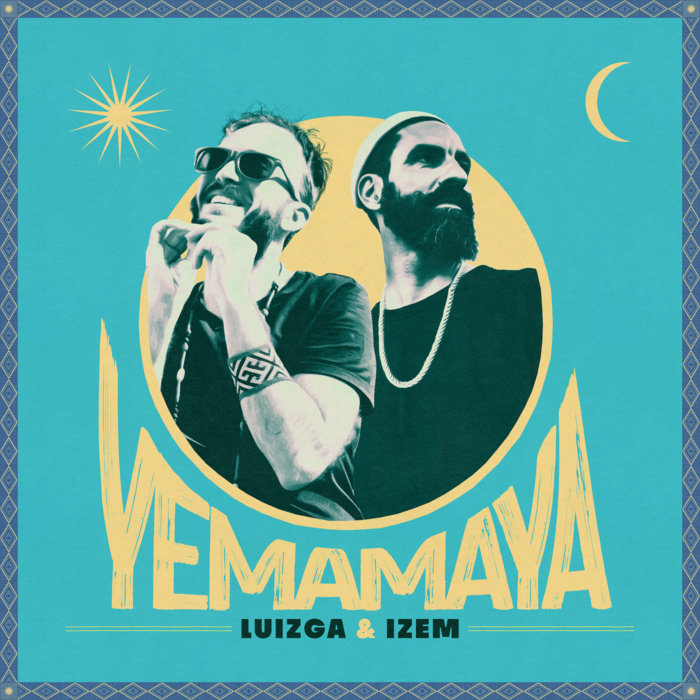
Obnóxius – José Mauro
this blog is GROOVY – check out great Soul, Funk, Jazz, Hip Hop, Bass, Breaks , Reggae, House n many more TUNES
Hey there, music lovers! Let’s dive into the colorful world of MPB—the Brazilian genre that stands for Música Popular Brasileira. This style is a funky mix of bossa nova, samba, rock, and folk sounds that kicks your heart into overdrive!
The roots of MPB can be traced back to the 1960s when Brazil was buzzing with cultural change. Think post-bossa nova with artists like João Gilberto and Antonio Carlos Jobim, who laid down some sweet harmonies that set the tone for what would evolve into MPB. With a mix of politics and passion in the air during the military dictatorship years (1964-1985), musicians started to express their feelings through music in ways that were both powerful and sometimes downright hilarious.
Some major players made names for themselves during this era:
The most significant twist happened in Bahia—a state known for its carnival vibes. The Tropicália Movement emerged in the late 1960s, blending traditional Brazilian sounds with foreign influences like rock ‘n’ roll. Imagine electric guitars dancing alongside berimbau!
Did you know? During this time, Veloso once performed “Alegria Alegria” outside an airport while wearing only his shorts! Now that’s commitment!
While many tunes tackled serious issues like love, identity crises, or social injustice (heavy stuff!), many musicians didn’t shy away from humor either.
Take composer Chico Buarque, who often infused irony into his lyrics; he once created a hit song titled “A Banda,” which hilariously laments how people are distracted by street bands instead of paying attention to life itself!
And let’s not forget about Os Mutantes—the wildly experimental band whose concerts included everything from flower costumes to psychedelic light shows. They were known so well for their extravagant performances that they’d even throw fruit at each other on stage! Quite fruity indeed!
As time rolled on through the ’70s and ’80s, various subgenres popped up within MPB—like axé music bringing those feel-good dance vibes straight from Bahia beaches right into living rooms across Brazil!
Funny fact alert! One popular Baiana musician named Chiclete com Banana got everyone shaking it at carnivals until they decided to take banana-flavored candies everywhere as part of their brand! Fans still debate whether it’s crazy genius or just plain bananas—but you’ll have no argument about how catchy those tunes are.
Over these decades sprouted artistic clashes too much funnier than your average sitcom episode – remember when Gilberto Gil teamed up with American pop star Madonna? Their duet “Café au Lait” had everyone grooving while asking if she was now fluent in Portuguese—or simply borrowing beats without calling it out!
Fast forward to today—MPB has evolved yet again while keeping its roots intact. New artists join forces with legendary giants creating collaborations such as Seu Jorge covering David Bowie songs dressed as characters from “City Of God.” Seriously though—who doesn’t want to groove along?
In recent trends fueled largely by streaming platforms—and smartphone playlists galore—you might find modern icons like Liniker singing her heart out about love while looking fabulous sporting killer hairstyles reminiscent straight outta retro magazines.
Remember our buddy Caetano? He dropped an album called “Ofertório” where every single track leaves you feeling warm inside but still chuckling because he appears casually baking bread mid-performance—incredibly relatable given we’re all working-from-home folks nowadays!
So here we stand today celebrating this vibrant genre filled with surprises—from heartfelt melodies wrapped around daily laughter sessions shared among friends—to passionate movements against suppression through humorous antics on stages nationwide.
MPB isn’t just music; it’s a lively conversation reflecting society’s ups-and-downs sprinkled generously with spicy satire between four walls accompanied by infectious rhythms echoing happiness throughout generations past—and present too!
Embrace it folks; turn up those speakers ‘cause there ain’t nothing quite like letting go under swaying palm trees listening deep cut classics… Or discovering some modern gems mixed perfectly—because hey—it stays true… Life really is one big ol’ groove fest waiting just around every corner when paired nicely together under sunny skies enjoying flavors not found anywhere else globally…

Obnóxius – José Mauro

Nome de Deus – Sessa

Txaísmo – LUIZGA & iZem feat. Txana Tuin Hunikuin and Oreia

Baby Kilode? – Dizzy K.

Yemamaya – LUIZGA & iZem